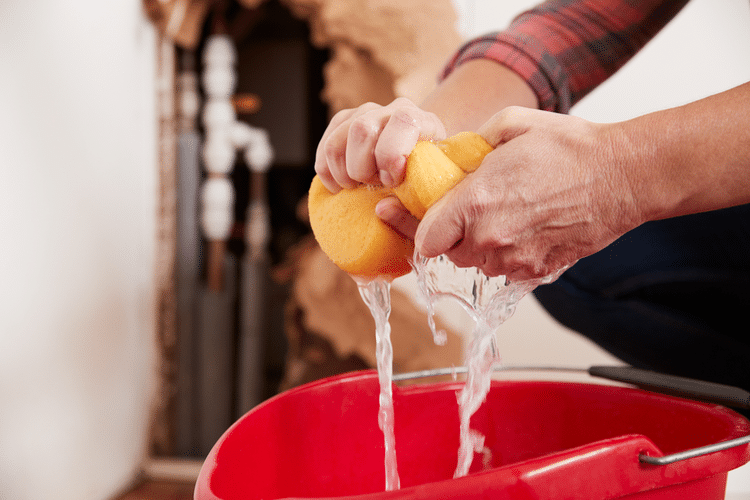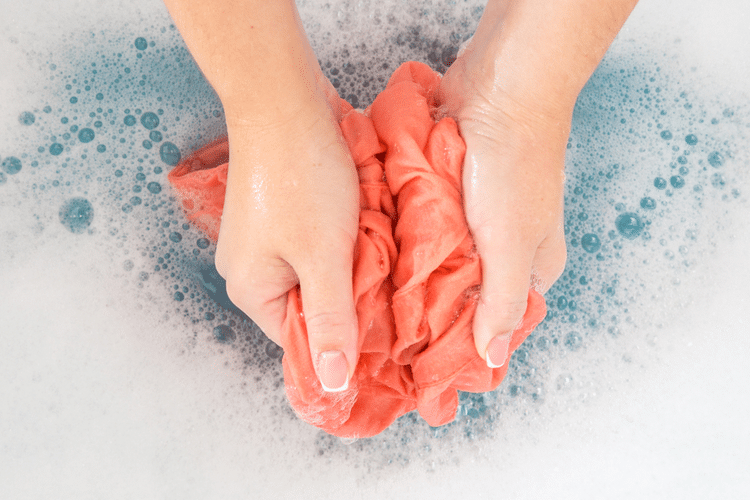Although getting a water softener might seem like an unnecessary expense, the benefits far outweigh the disadvantages.
The main benefit of a water softener is that it improves water quality by removing calcium and magnesium hard water minerals. Cleaning becomes easier, the skin becomes softer, appliances such as dishwasher and washing machine no longer suffer from calcium buildup in pipes due to hard water.
That said, water softeners also have certain disadvantages. They reduce the intake of healthy minerals, soft water isn’t beneficial for plants and irrigation, and the water softener system can be expensive to maintain.
Why Do I Need a Water Softener?
The decision to use a water softener is a personal choice that ultimately depends on your water hardness level. If the water is moderate – very hard (61 – >180 mg/L), then you might need a water softener to remove the hard water minerals. Otherwise, if the water is soft (0 – 60 mg/L), then you may not need to get one. Soft water is safe to use.
Alongside conducting a water test, here are other common ways to also tell if you have hard water:
- Mineral buildup and corrosion in faucets and pipes,
- Limescale formation or staining on kitchen appliances,
- Laundry that looks worn out and dull,
- Soap not lathering well when you’re washing your hands,
- Drinking water that tastes rather salty,
- Itchiness on the skin and dull and flat-looking hair after a bath.
The bottom line is that water softener is not necessary or a legal requirement if you don’t have hard water.
The Advantages of Water Softener (Pros)
Here are the top 5 water softener benefits:
- Soft water tastes better
- It makes cleaning easy
- It makes the skin look bright and healthy
- Soft water makes clothes look bright and last longer
- Soft water prevents limescale buildup in appliances
1. Soft Water Tastes Better
One of the benefits of using a softener is better tasting water. Typically, water softeners work by removing hard water minerals and replacing them with sodium and potassium in a process referred to as ion exchange. This process adds a trace amount of sodium to the water that most people won’t taste or notice, resulting in a taste-free water.

2. Soft Water Makes Cleaning Easier
Hard water leaves limescale residue on sinks, tubs, and toilets, which takes a considerable amount of time, cleaning products, and elbow grease to remove.
Hard water also leaves behind red stains and residue from the ferric iron it contains. This staining can be difficult to remove and requires frequent cleaning to prevent buildup.
One of the most significant water softener benefits is that it makes cleaning easier because the water won’t contain minerals that leave residue behind.

3. Soft Water Makes The Skin Look Bright & Healthy
Hard water affects the way bathing soap and shampoo work. The limescale in the water combine with the ingredients in shampoos and soaps to leave behind residue.
Shampoos and soaps won’t lather as much in hard water because calcium and magnesium molecules interfere with the sodium salts in soaps. It’s the same with dish and laundry detergents, especially the powdered ones.
Hard water also doesn’t rinse soap and shampoo away as thoroughly as soft water. The residues left behind can cause a dry scalp, brittle hair, and a dull appearance instead of a sheen.
Mineral residue dries your skin and can affect its pH balance, leading to acne or irritations, especially if you have sensitive skin. Softened water won’t cause these problems.
4. Soft Water Makes Clothes Look Bright and Last Longer
Clothes washed in hard water also suffer from the consequences of mineral residue as well. Hard water dries out the fibre in clothing and stops laundry detergent from properly mixing with water.
If your clothes feel dry or stiff after laundering, it’s probably because limescale residue is still on it. Additionally, mineral buildup in clothes makes them stiff and, therefore, more vulnerable to wear and tear.
Soft water lets you enjoy cleaner clothes that looks bright and lasts long.

5. Soft Water Prevents Limescale Build-up in Appliances
Water that’s rich in minerals can cause damage to appliances like water heater, washing machine, and dishwasher. The filters and pipes inside these machines can get clogged as a result of limescale buildup from hard water.
Hard water can reduce the lifespan of these appliances by years, sometimes cutting their years of use in half. It can make your expensive appliances last longer and malfunction less.
The Disadvantages of Water Softener (Cons)
Of course, soft water and water softening devices aren’t bereft of their cons. The main disadvantages of water softeners that you need to contemplate before opting for one are:
- Reduced dietary mineral intake: Although there are other ways for mineral intake, water remains a source of important nutrients like calcium and magnesium. That’s especially the case for infants. Reduced mineral intake can adversely affect bone growth, immunity, and blood sugar levels.
- Soft water isn’t good for plants and soil: Plants depend on minerals like calcium, iron, and manganese to grow and carry out vital tasks such as photosynthesis. Therefore, watering them with soft water isn’t recommended. Moreover, in the ion exchange process, minerals are replaced with sodium, and sodium can cause soil degradation. On a small scale, soil degradation can decrease the quality of soil, and on a large scale, it may lead to bigger issues like soil erosion.
- Water softener systems are quite expensive: A good water softener system costs upwards of $1,000. This doesn’t include installation and maintenance cost which easily adds up to a couple hundred dollars per month.
Are Water Softeners Really Worth It?
Yes, a water softener is absolutely worth it if you have hard water. The pros far outweigh the cons, and there are very few hard water treatment alternatives that are as effective as a water softener.
Head over to our water softener guides category to learn more about water softeners.
Top water softener articles:
I agree. If you have hard water, we recommend looking into buying a water softener system. A water softener system isn’t just one of those things businesses try to convince you that you need but serves no purpose. Water softeners are the solution to hard water and its damaging effects on you and your home.
It’s terrific that you elaborate on how a water softener can help prevent the buildup in your home’s pipes that create clogs. I want to make sure that my home’s pipes are protected from becoming clogged, so I’m thinking about purchasing a water softener for it next week. I’m going to look for a reliable business in my area that can sell me a water softener.
It’s nice that you mentioned how water softeners could make cleaning easier since the water won’t contain minerals that leave residue behind. I was talking with my cousin last night and he recommended that we should get a residential water softening system. It seems there are quite a lot of perks to getting a water softener so we should probably install one in our house pretty soon.
It was great to learn that water softeners can protect your expensive appliances and help them last longer. One of my best friends just moved into a house with her boyfriend, and they invested in a new washing machine. They’d like for that machine to last them a long time, so I’ll advise the installation of a water softener as protection.
I’m really glad you mentioned that soft water won’t leave any residue behind! My husband was talking to me yesterday afternoon at lunch about how he thinks it would be a good idea for us to get a water softener, so I wanted to learn more about the benefits first. I appreciate you helping me learn more about the benefits of getting a water softener.